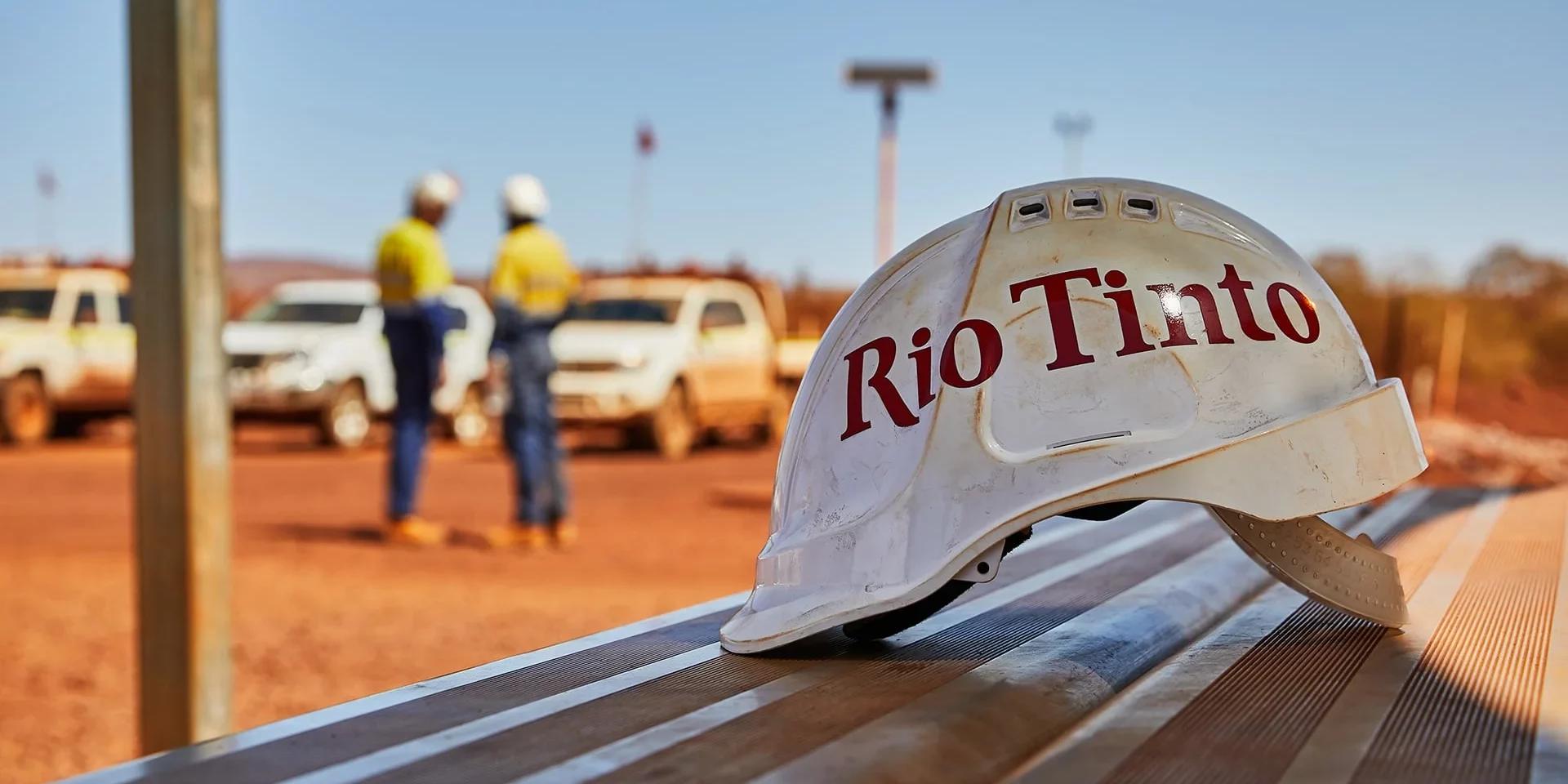Anthony Albanese has rejected suggestions of a potential $450m payout to Rio Tinto and its partners for the Gladstone power plant, which could push coal price cap compensation to more than $1bn.
Albanese told Channel Seven’s Sunrise the federal government expects the cost “will be nothing like the sort of figures” reported for Gladstone although Queensland premier Annastacia Palaszczuk later appeared to confirm the figure was possible, as a maximum.
Earlier in December the Albanese government legislated a temporary price cap of $12 a gigajoule for gas and $125 a tonne for coal, as part of a package including $1.5bn in electricity price relief.
In order to encourage continued supply, where coal power producers have actual costs exceeding the $125 price cap – such as pre-existing supply contracts for more expensive coal – the federal and state governments agreed to provide them a rebate.
On Wednesday the Australian newspaper reported that Rio Tinto and its partners could receive up to $450m for its Gladstone plant, which has supplied the domestic grid since an explosion at the state-owned Callide power plant in May 2021.
A Queensland government source told Guardian Australia the $450m figure would be “in the ballpark”, although state generators returning in May should limit Rio’s compensation to six months.
The $450m price tag prompted a backlash from the Greens, with the leader, Adam Bandt, saying “not a single dollar of public money” should go to coal and gas corporations, and from independent senator David Pocock, who said if the figure was correct, “the payment for just one generator could be worth almost a third of the total support provided to consumers.”
“The briefings and information I received suggested that any compensation under this plan to bring much-needed energy price relief for households and small businesses would be minimal and confined to a small number of generators,” Pocock reportedly said.
“This raises serious concerns about the total amount of compensation to be paid.”
Asked about the reported payout on Thursday, Albanese said: “No, those reports are just that, they are reports. I notice there’s no government ministers quoted, there’s not even the company quoted at all.”
“What we have said is that where the price of production is more than the cap, then there will be some support offered.
“In Queensland’s case, which is what the report’s about, there’s only one power station, Gladstone. We expect that it will be nothing like the sort of figures that I’ve seen in the newspaper.”
But Palaszczuk appeared to confirm the figure, responding “yes, we did know” compensation for Gladstone could be “up to $450m” when asked on Thursday.
“All of that was worked out when we reached the agreement we reached,” she told reporters.
Federal government sources said they still expect the total price of compensation to be between $500m and $1bn, figures Guardian Australia reported in mid-December based on a Treasury briefing that included estimates of $250m for New South Wales producers.
Each week our editors select five of the most interesting, entertaining and thoughtful reads published by Guardian Australia and our international colleagues. Sign up to receive it in your inbox every Saturday
Rio Tinto, the major partner in the Gladstone plant, is also the generator’s major customer. “That makes for some funny incentives when it comes to Gladstone,” the Queensland source said.
Albanese said the payouts are “the subject of commercial discussions and they’ll continue”. “Where the costs of production are more than [$125], going to the power stations, then there will be some level of compensation,” he said.
Albanese said he had “no idea” where the $450m compensation figure came from, suggesting his office had been asked about “a much higher figure even than that” before the report.
The Grattan Institute’s energy program director, Tony Wood, said he is “generally supportive of the fact the government intervened” but observed that “when you intervene in complex markets, there will be unintended consequences”.
Wood noted compensation is not being paid to coalminers or gas producers, and it would be “wrong” to criticise the package on that basis.
“The government had a choice: to effectively override the [electricity supply] contracts, to force [coal plants] to … provide electricity at $125 a tonne; or they could provide compensation to the generator,” he said.
“It’s not compensation to coal companies for losing windfall profits – it’s for generators locked into supply contracts.”







